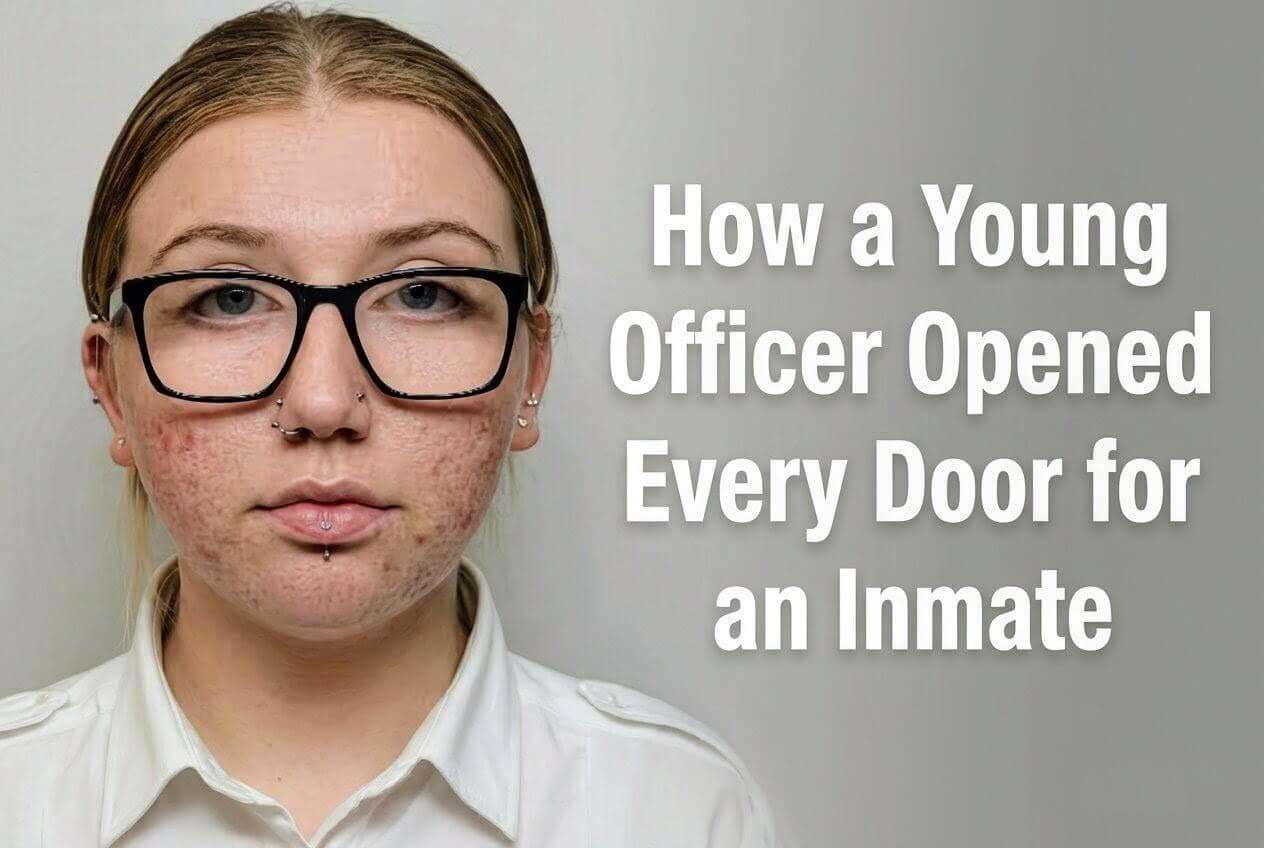When Aqil Malik arrived in Huddersfield from Pakistan in December 2022, he carried with him a degree in civil aviation and the quintessential dream of a better life. Just five months later, that future seemed to dissolve in an instant. At only 30 years old, Aqil suffered a life-altering stroke, a medical catastrophe typically associated with the elderly, leaving him fighting to regain control of his own body.
His terrifying experience is becoming uncomfortably common. Recent data from the NHS reveals a worrying surge in strokes among younger demographics, with cases in those under 39 rising by 13% over the last two decades. While high-profile survivors like Game of Thrones star Emilia Clarke and model Hailey Bieber have recently shined a spotlight on brain injuries in young adults, Aqil’s story reveals the gritty reality of navigating recovery without a safety net.
Aqil’s ordeal began shortly after he settled in West Yorkshire. “It was something I never imagined happening to me at my age,” he recalled. “In one moment, my future felt like it was slipping out of my hands.” The physical toll was immediate and devastating. At the nadir of his recovery, Aqil found himself falling down up to ten times a day, his body refusing to cooperate with his mind.
The medical crisis was compounded by a precarious visa situation. Aqil’s student visa for the University of Huddersfield—where he had intended to study digital marketing—was not extended. He remained in the UK on a spousal visa supported by his wife, Ayesha Malik. While Aqil fought to relearn basic movements, 25-year-old Ayesha became the sole breadwinner, working long shifts at KFC to keep a roof over their heads.
Despite the intense financial pressure, Aqil made a decision that surprises many: he refused to claim state benefits. “I didn’t want to,” he stated firmly. “Instead, after six months of recovery and unemployment, I went back to work.”
The return to employment was grueling. Aqil took on various jobs while still visibly recovering, often pushing himself beyond his physical limits. He vividly remembers being sent home by one employer because he was stumbling from side to side, too unwell to stand steadily. Yet, his resolve remained unbroken. He persevered, eventually securing stable work and proudly contributing to the economy.
“Even after everything I’d been through, I paid over £10,000 in taxes because I believe in giving back, even when life has taken so much from you,” Aqil said. He views his contribution as a statement of intent from legal migrants who are often unfairly grouped into broader political debates. “With all the pressure around illegal immigration, people like me—legal migrants who follow every rule—often get overlooked, ignored, or pushed aside. But I refused to give up. I refused to lose hope.”
Aqil’s recovery aligns with a broader national conversation about the changing face of stroke survivors. Charities like the Stroke Association have noted that as stroke rates in younger men rise, the need for rehabilitation support that focuses on returning to work—rather than retirement—is critical. Aqil is proof that with resilience, a return to a productive life is possible, even when the odds are stacked against you.
Today, Aqil’s message is not just for migrants, but for any young person facing a sudden medical trauma. “To stroke survivors, you are more powerful than your pain,” he urged. “You may feel broken, but you are not defeated. You may feel alone, but you are still here, and that means your story isn’t over. I got back up. I kept moving, and so can you.”







.jpg)
.svg)

.jpg)
.jpg)